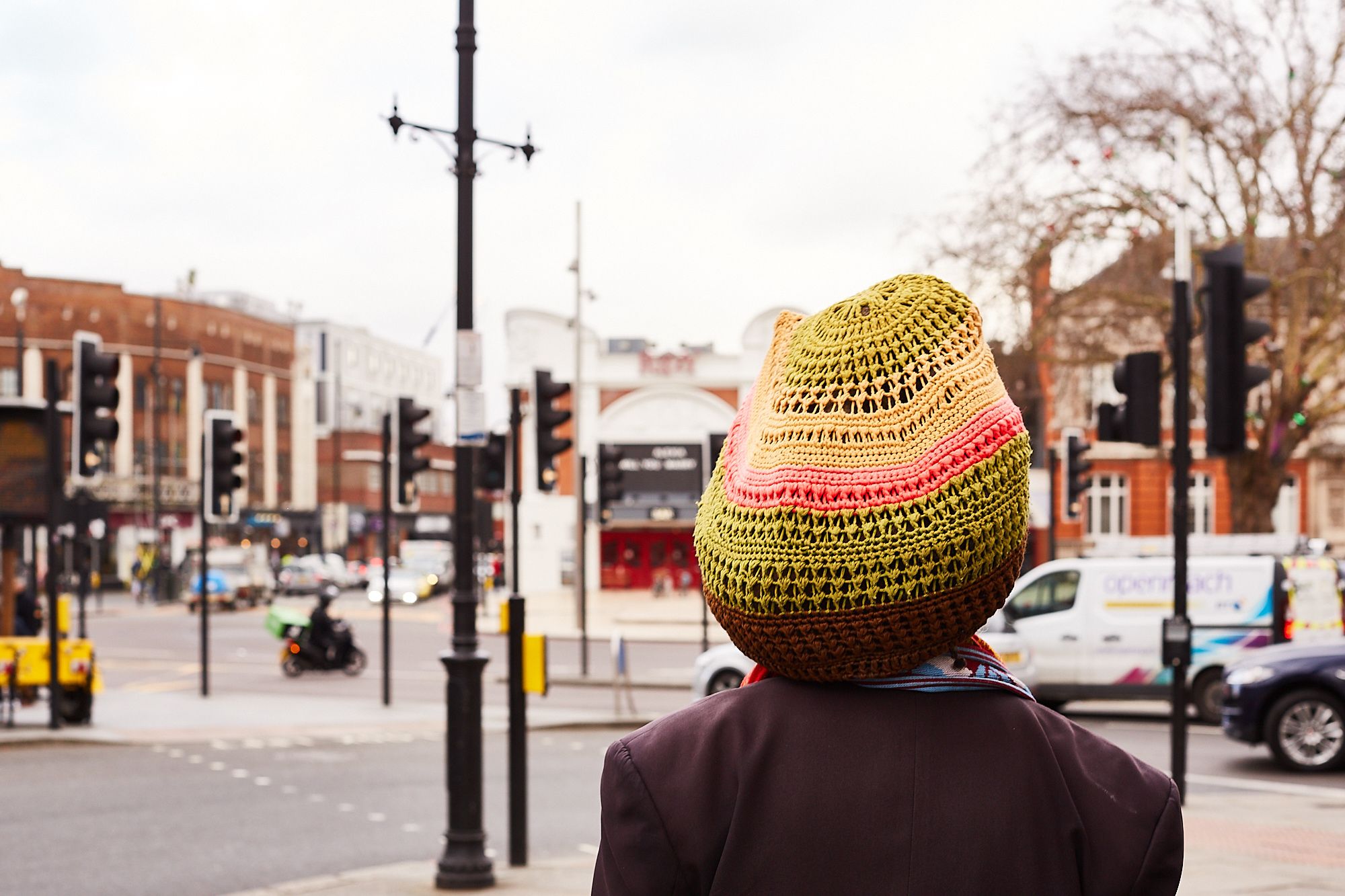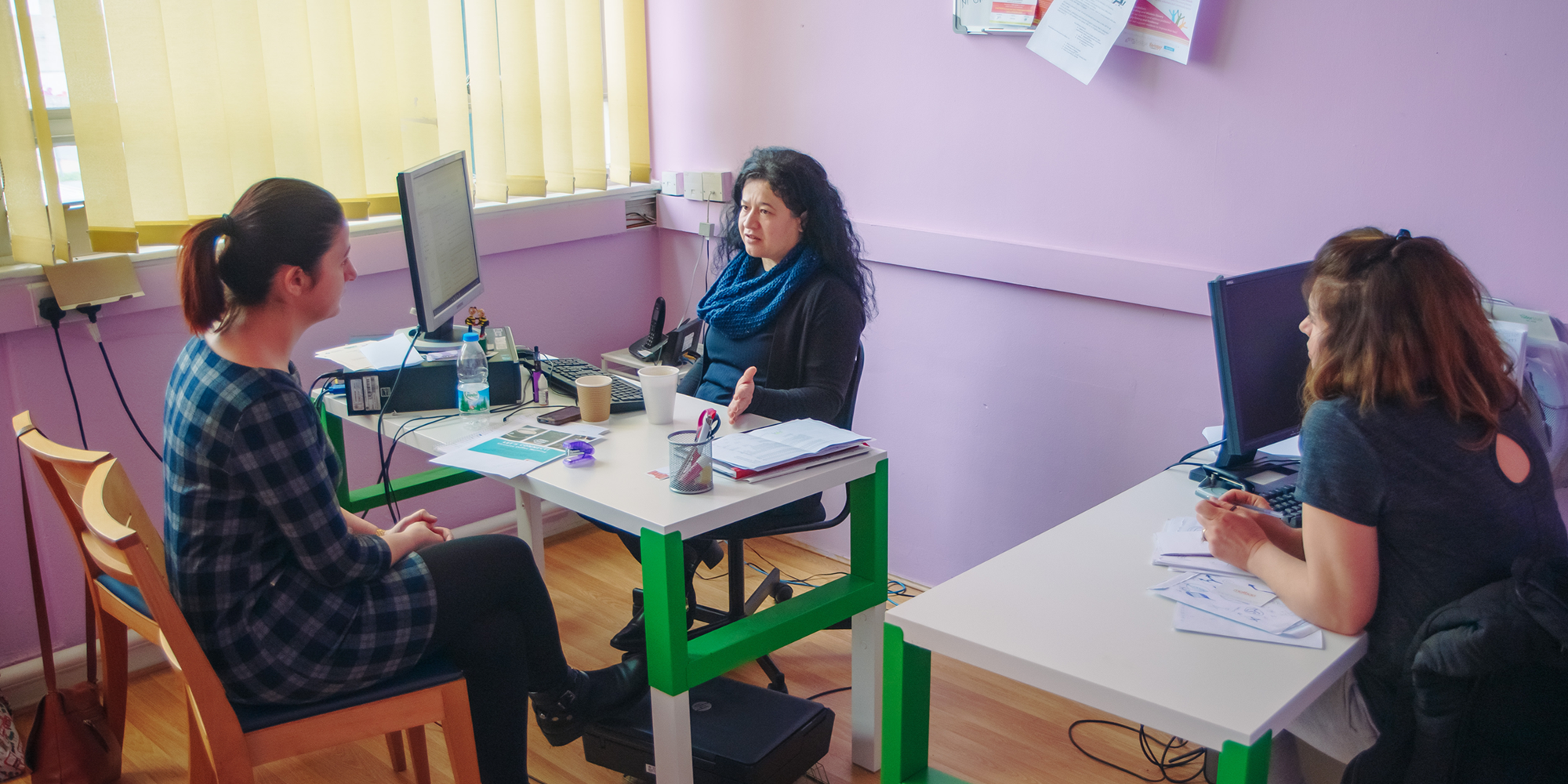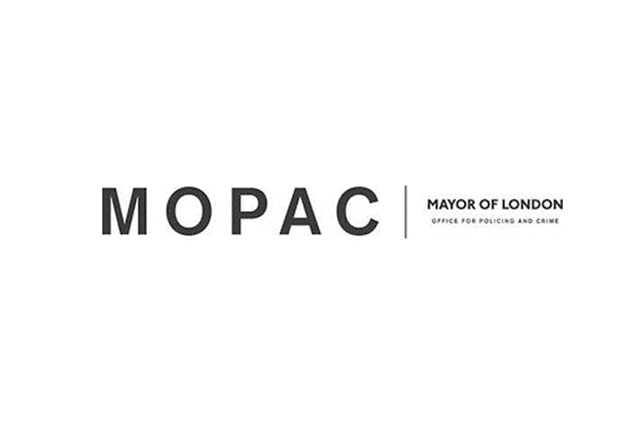
When the COVID-19 pandemic hit, many of London’s most vulnerable citizens found themselves even more at risk than before. Ongoing lockdowns compounded isolation, reduced access to support services, and further facilitated the opportunity for domestic violence and abuse.
Many women and girls found themselves confined with their abuser(s), and grassroots organisations that were supporting survivors or those at risk of violence against women and girls (VAWG) struggled to secure funding, while simultaneously experiencing greater demand for their services.
That’s why in November 2020, The Mayor Office for Policing and Crime (MOPAC) launched the Violence Against Women and Girls (VAWG) Grassroots Fund in partnership with the London Community Foundation (LCF) and The Social Innovation Partnership (TSIP).
The £3m-fund was created to support the resilience of existing VAWG sector groups operating across London.
Grassroots organisations are often the first, and sometimes the only, support for many survivors of VAWG, in particular women and girls from marginalised groups.
Given that grassroots organisations led by and for Black and Minority Ethnic (BAME) are disproportionately affected by funding challenges, a minimum of 60% of funds was ringfenced for these organisations.
Here’s how the fund benefitted two BAME-led grassroots organisations delivering VAWG services in London.
DAWN (Diwa Asian Women’s Network) Charitable Trust
DAWN saw first-hand the effects of COVID-19 on VAWG. Since the pandemic started, the mental health support charity saw a spike in domestic abuse among those accessing its services — from 63% to 80% of cases.
Founded in 1993, DAWN is a BAME-led, “women-for-women” organisation that delivers bespoke counselling and social inclusion support services to vulnerable women in Harrow.
DAWN was awarded £80,000 to prevent VAWG abuse in the BAME community. With the help of this funding, the organisation was able to expand by funding additional staff. It provided 1,440 hours of “culturally and linguistically appropriate” counselling to support more than 100 victims.
As part of its social inclusion work, DAWN also helped women master digital tools, like Zoom, to reduce isolation and stay connected.
“The funding process was excellent. The application process was user-friendly, and we felt the funder was empathetic,” said Rani Kalha, Chair of DAWN. “Often it is the case that the skills we bring to the melting pot are unaccounted for, but it felt that we were in sync with the assessor.”
Sister System
Sister System is an early intervention provision that helps girls and young women affected by care programmes overcome trauma and build self-esteem.
Those supported by Sister System were already amongst the most vulnerable members in Haringey and Enfield. The COVID-19 pandemic further reduced their engagement with statutory services and compounded their sporadic educational engagement. Due to the financial and social impacts of the pandemic, many returned to unsafe homes and relationships in a desperate bid to reduce isolation.
Sister System was awarded £59,626 towards the development and implementation of the sisterhood holistic support programme, which supports BAME girls and young women who have experience with the care system and are experiencing or at risk of violence and abuse.
The organisation has begun delivering Saturday workshops to 12 users aged between 13-21, which have been very well attended from the early stages of the project.
“The funding has increased our engagement with the girls we work with,” said Okela Douglas, Director of Sister System. “Their academic attainment confidence has increased, and they are more confident to engage in one to one with our staff. The funding has allowed us to create a relaxed environment on the service users’ terms.”
Okela said the application process was collaborative and that the fund manager and co-ordinator were supportive and helpful throughout. “It didn't feel like there was any gatekeeping in the process. It felt like every applicant was treated as equal and that every applicant irrespective of size was treated fairly, reflecting the culture of what the VAWG cohort would look like.”


